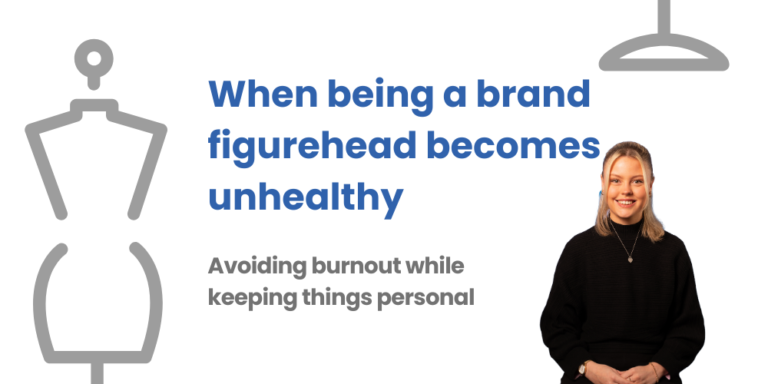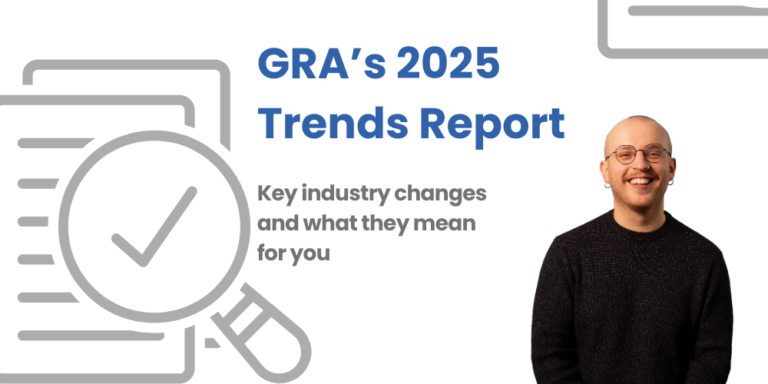If you’re a small business owner or experienced digital marketer, you’ve most likely considered using Facebook (or Meta as now commonly referrred to!) to promote your brand & connect with potential new customers.
Two of the most popular ways to do this are through Facebook Groups and pages.
While both can be effective, there are some key differences between the two that you should be aware of before deciding which one to use.
Throughout this guide, we’ll help you understand what Facebook Groups and Pages actually are, as well as three key differences between Facebook Groups and Pages.
Understanding Facebook Groups
If you’re looking to connect with like-minded individuals who communicate about their shared interests, Facebook Groups are the perfect place for you.
In this section, we’ll take a deep dive into the purpose, functionality, and privacy of Facebook Groups.
The Purpose of Facebook Groups
Facebook Groups are a place to connect with people who share similar interests, hobbies, or goals. You can create a group for almost anything, from a neighborhood area, to a football fan group, from a student freshers group to one dedicated to lovers of cockapoos!
Facebook users can then join (or be invited into) the group and become a member. From there, the members are able to receive and interact with content. The key aspect to note is the community that is formed within these groups, meaning that a lot of the time they experience high levels of engagement.
Facebook Groups Functionality
- Posts and Comments: Members can post updates, photos, and videos to the group, as well as comment on and react to other members’ posts.
- Notifications: You can choose to receive notifications when there are new posts or comments in the group.
- Events: You can create events within the group, such as in-person or online gatherings, and invite other members to attend.
- Media Sharing: You can share files with other members of the group, such as images, videos, external links, etc.
- Group Polls: You can create polls to get feedback or opinions from group members.
- Admin Tools: Members chosen by the group’s creator can act as admins of the group. These admins can approve and remove members, delete posts and comments, and pin posts.
Privacy in Facebook Groups
Facebook Groups offer a range of privacy settings to help you control who can see and join the Group. There are three types of Groups:
- Public Groups: Anyone on Facebook can join and see the Group’s content.
- Closed Groups: Anyone can see the Group’s name and members, but only members can see the Group’s content.
- Secret Groups: Only members can see the Group’s name, members, and content. The Group will not appear in search results and members must be invited by the owner or admins.
When you create a Group, you can choose which level of privacy you want and who can join. You can also customise the Group’s privacy settings at any time to ensure that the Group remains a safe and supportive space for members to connect and communicate.
Understanding Facebook Pages
Facebook Pages are designed for businesses, organisations, and public figures to connect with their audience on Facebook.
They are VERY different from personal profiles and groups in terms of their purpose, functionality, and public nature.
The Purpose of Facebook Pages
The primary purpose of Facebook Pages is to promote a business or organisation and connect with its audience.
Pages allow businesses to share information about their products or services, post updates and announcements, and engage with customers through comments and messages.
Facebook Pages also offer exclusive tools for advertising, analytics, and customer support via Facebook Messenger, which is a key differentiator.
Some Unique Facebook Pages Features
- Call-to-Action Buttons: Members can post updates, photos, and videos to the group, as well as comment on and react to other members’ posts.
- Communication: As previously mentioned, Facebook users can engage with a page via Facebook Messenger. Users will often message brands or local companies to ask a question.
- Instagram Connection: If you have a Facebook Page, there’s a high chance you also use Instagram as part of your Social mix. With a Facebook Page, you can connect your existing Instagram to enable dual-posting of content.
- Boosting & Ads Manager: With a Facebook Page (after some set-up and verification) you can begin boosting standard posts and take advantage of the highly targeted, powerful and very popular Facebook Ads Manager.
- Pages to Watch: Utilise this feature to monitor your competitors’ pages. Currently, the analytics enable you to track up to five pages and observe the weekly increase in likes of each competitor.
- In-depth Analytics: Facebook Pages offer in-depth analytics of your page’s engagement levels, audience data, post type, etc.
The Public Nature of Facebook Pages
Facebook Pages are public by default, which means that anyone can view the Page and its content without being a member or having to request access.
This makes Facebook Pages a great way for businesses to reach a wider audience and attract new customers. However, it also means that Pages are more vulnerable to spam, negative comments, and fake reviews.
Key Differences Between Facebook Groups and Pages
While both Facebook Groups and Pages allow connection with an audience, there are a few key differences between them.
In this section, we’ll explore the three main differences between Facebook Groups and Pages.
The Differences in Purpose
The main difference between Facebook Groups and Pages is their purpose.
Facebook Pages are designed for businesses, organisations, public figures, and other entities to create an official presence on Facebook. Pages allow you to share information about your brand, promote your products or services, and advertise online.
On the other hand, Facebook Groups are designed for people to come together to form a community around a common interest or topic.
Groups can be created by anyone and can be public or private. Groups allow members to share information, discuss topics, and connect with like-minded individuals.
The Difference in Functionality
Another key difference between Facebook Groups and Pages is their functionality.
Facebook Pages offer a range of features designed specifically for businesses and organisations. For example, Pages allow you to communicate with users privately, run ads, and access detailed analytics about your audience.
Facebook Groups, on the other hand, offer a more community-focused experience. Groups allow other members to post content, comment on posts, and engage in discussions.
Groups also offer features like group chat and the ability to create subgroups, making it easier to connect with members who share specific interests.
Differences in Privacy
The final key difference between Facebook Groups and Pages is their privacy settings.
Facebook Pages are public by default, meaning that anyone can view your Page and its content.
Facebook Groups, on the other hand, offer a range of privacy settings. Groups can be public, meaning that anyone can join and view the content, or private, meaning that members must be approved before they can join and view the content. Private groups also offer the option to hide the group from search results, making it even more exclusive.
In Summary
Overall, both Facebook Groups and Pages offer unique benefits and can be used to build a strong online presence. When deciding which option is right for you, consider the purpose and the type of content you want to share.
If you’re unsure which route to take, you can contact our expert Social Media Management team by clicking here.






